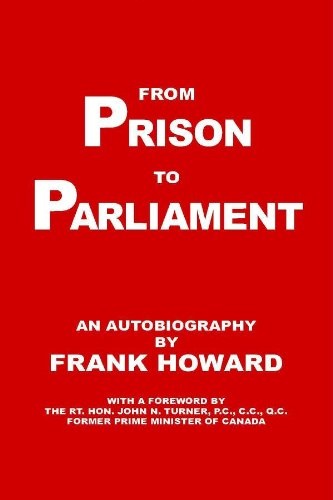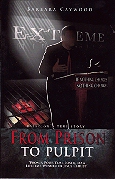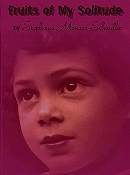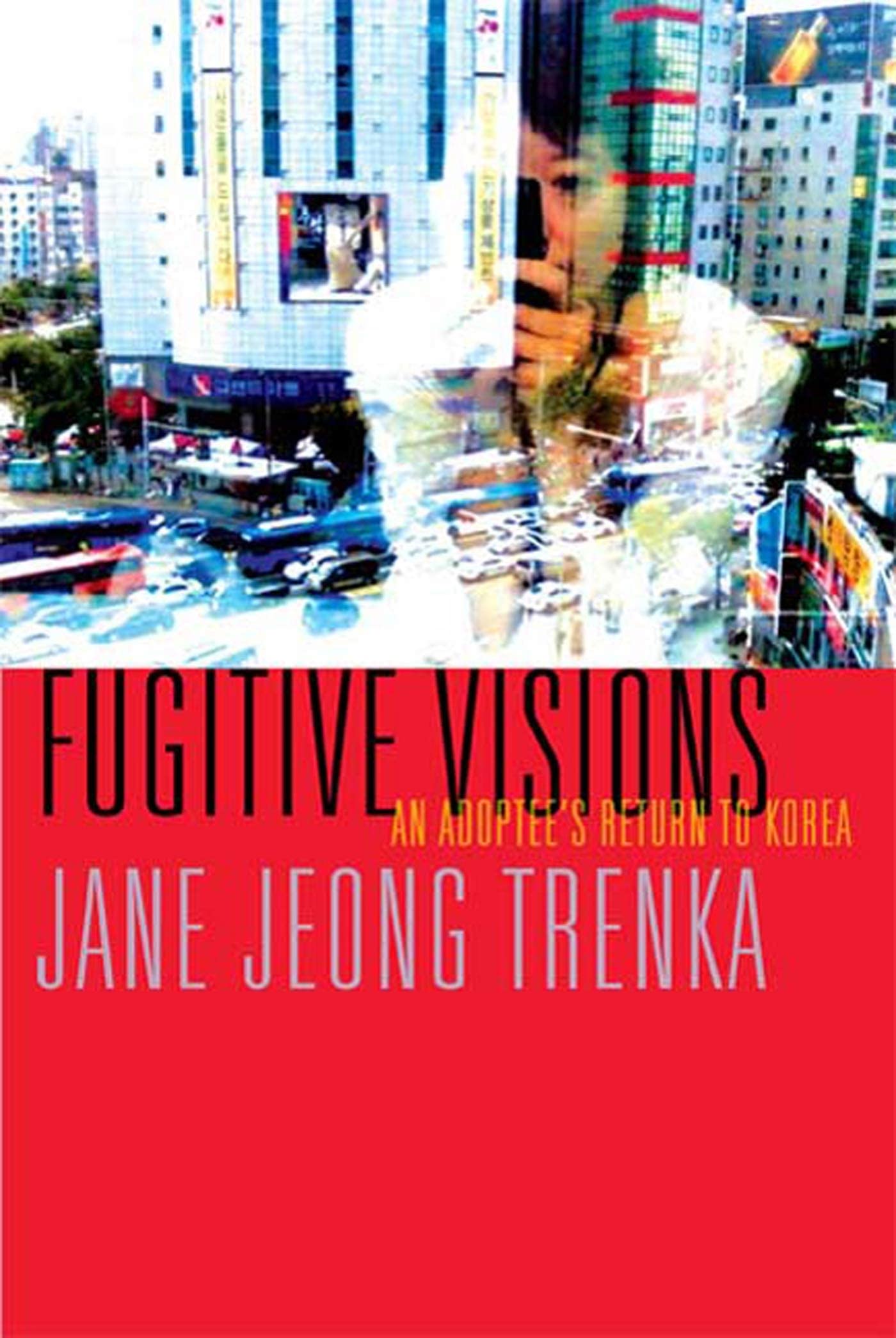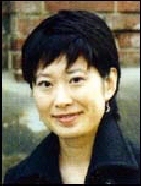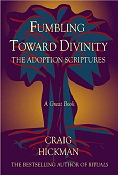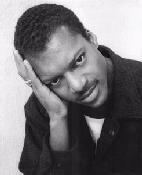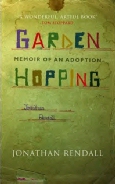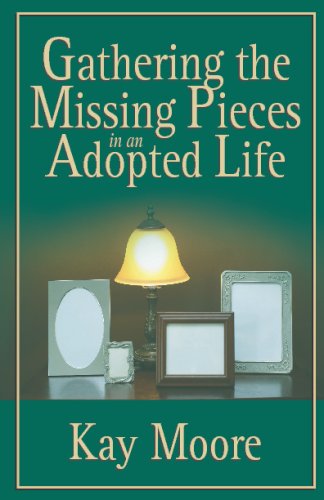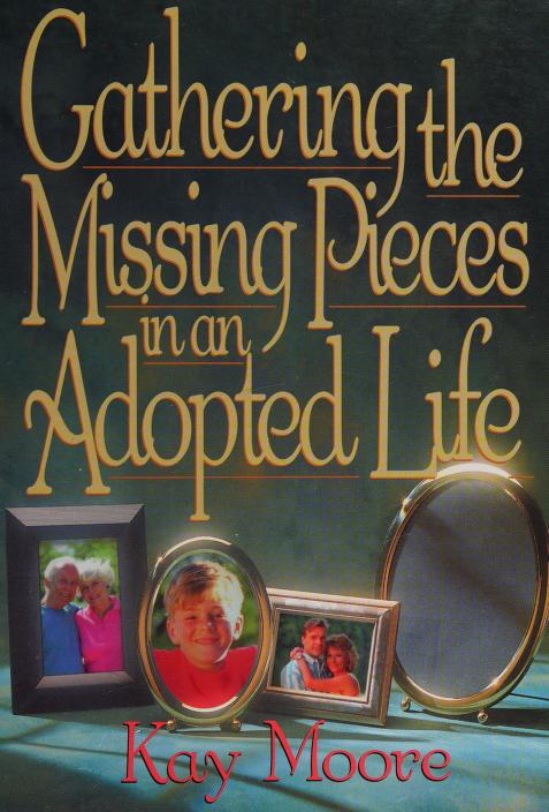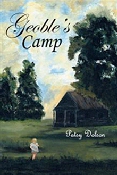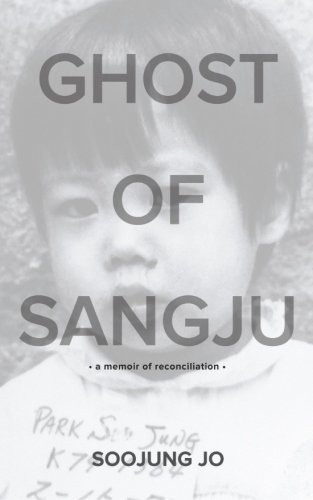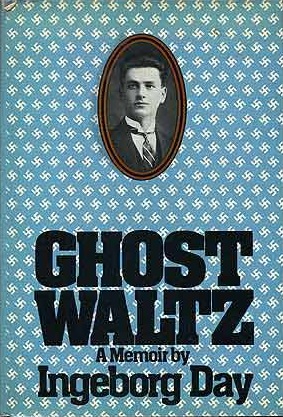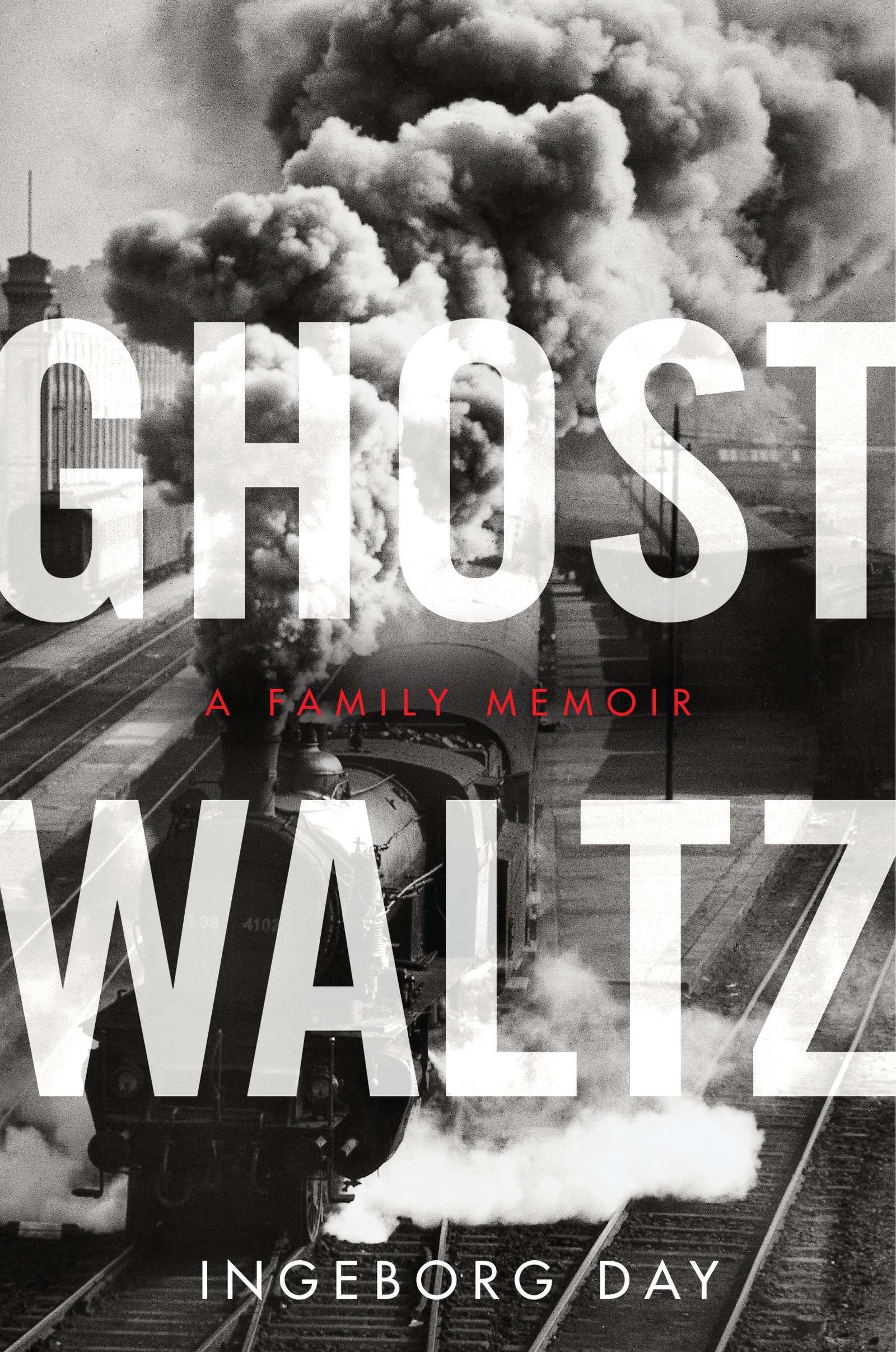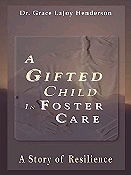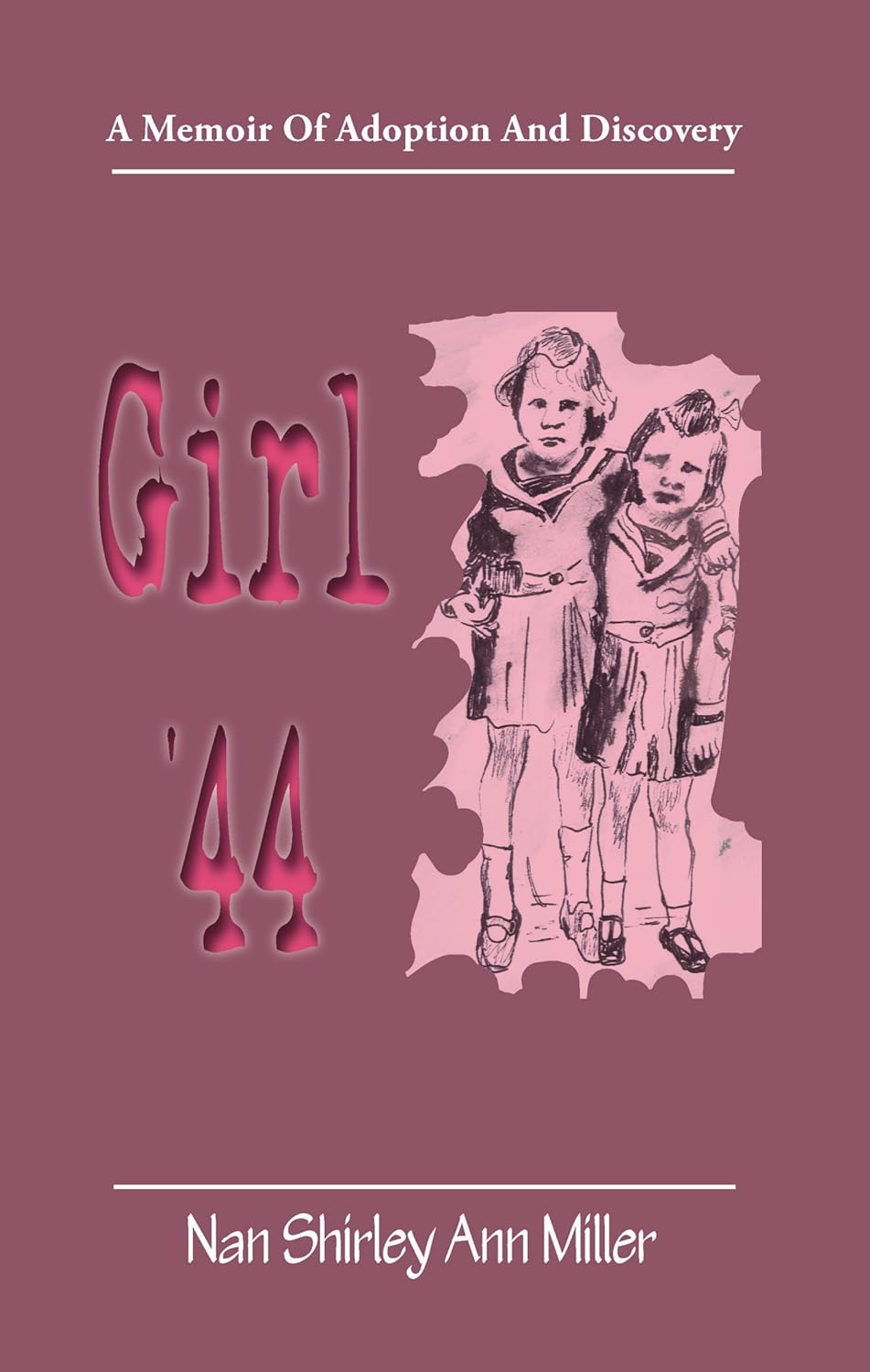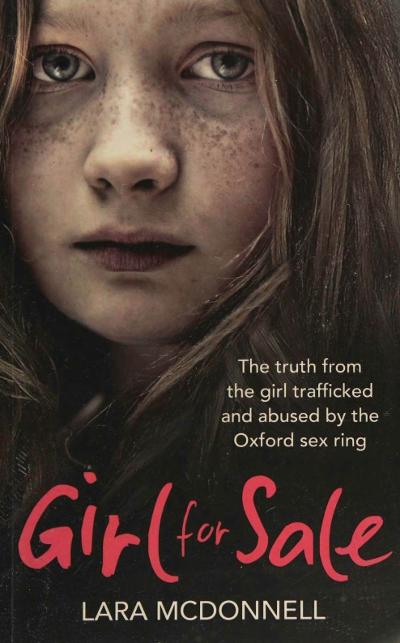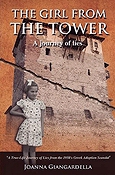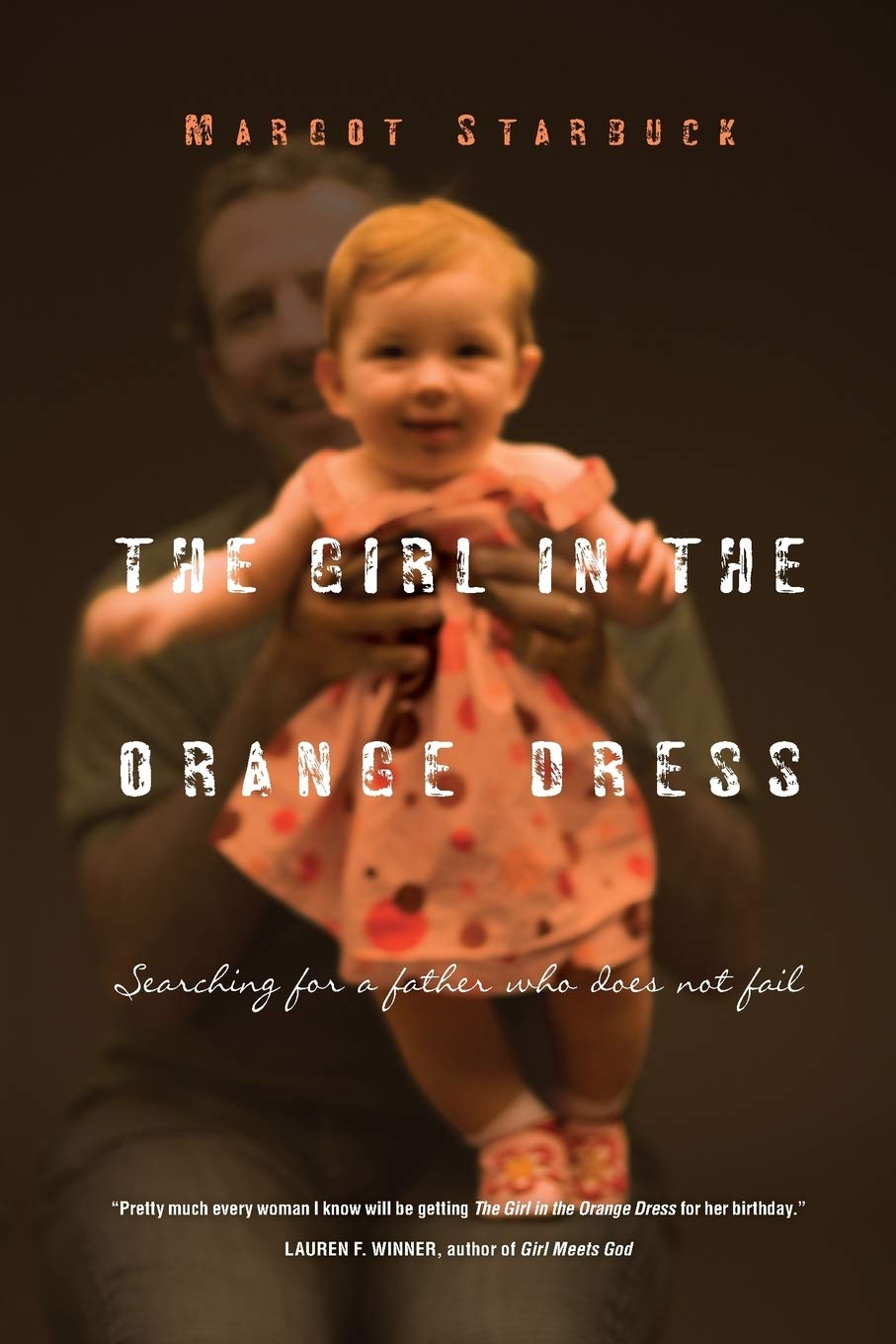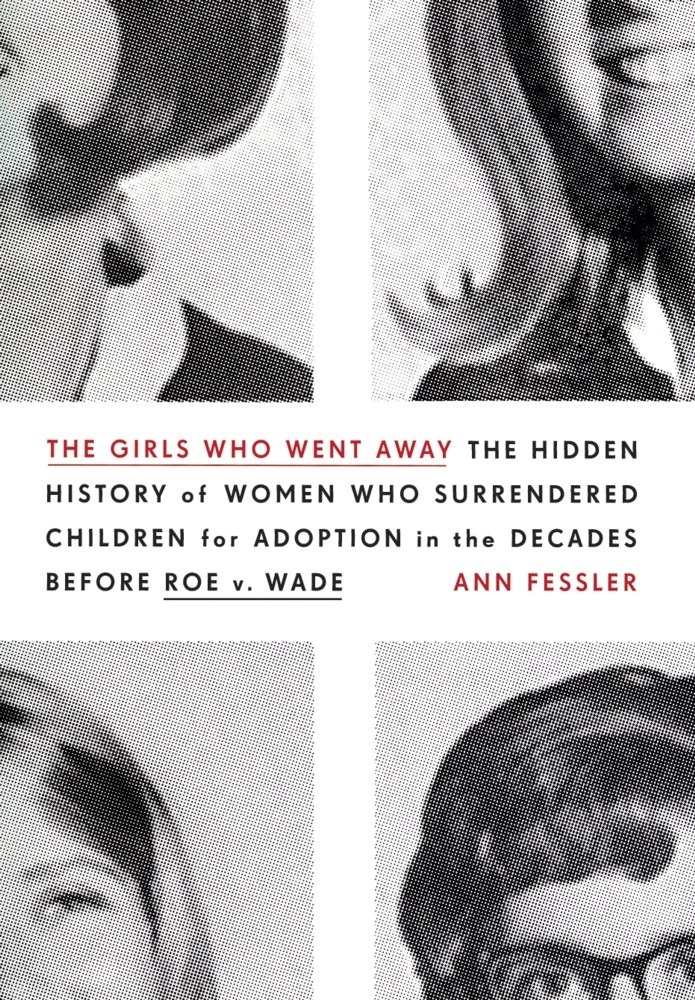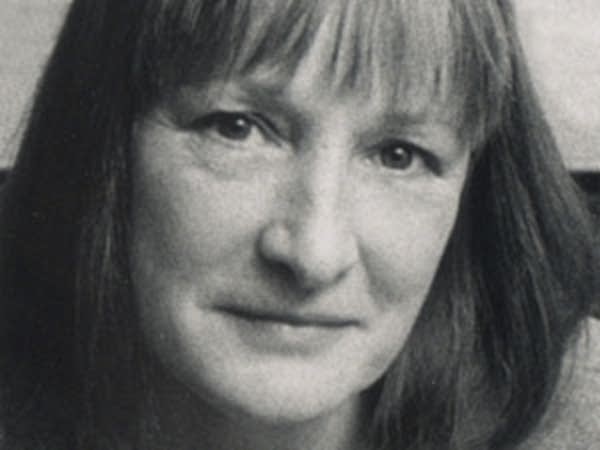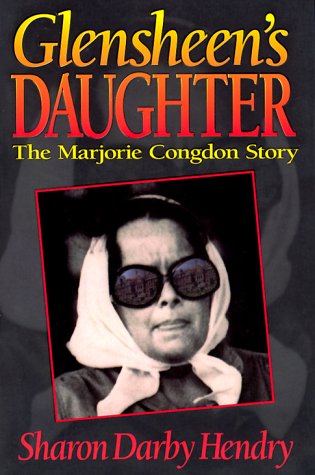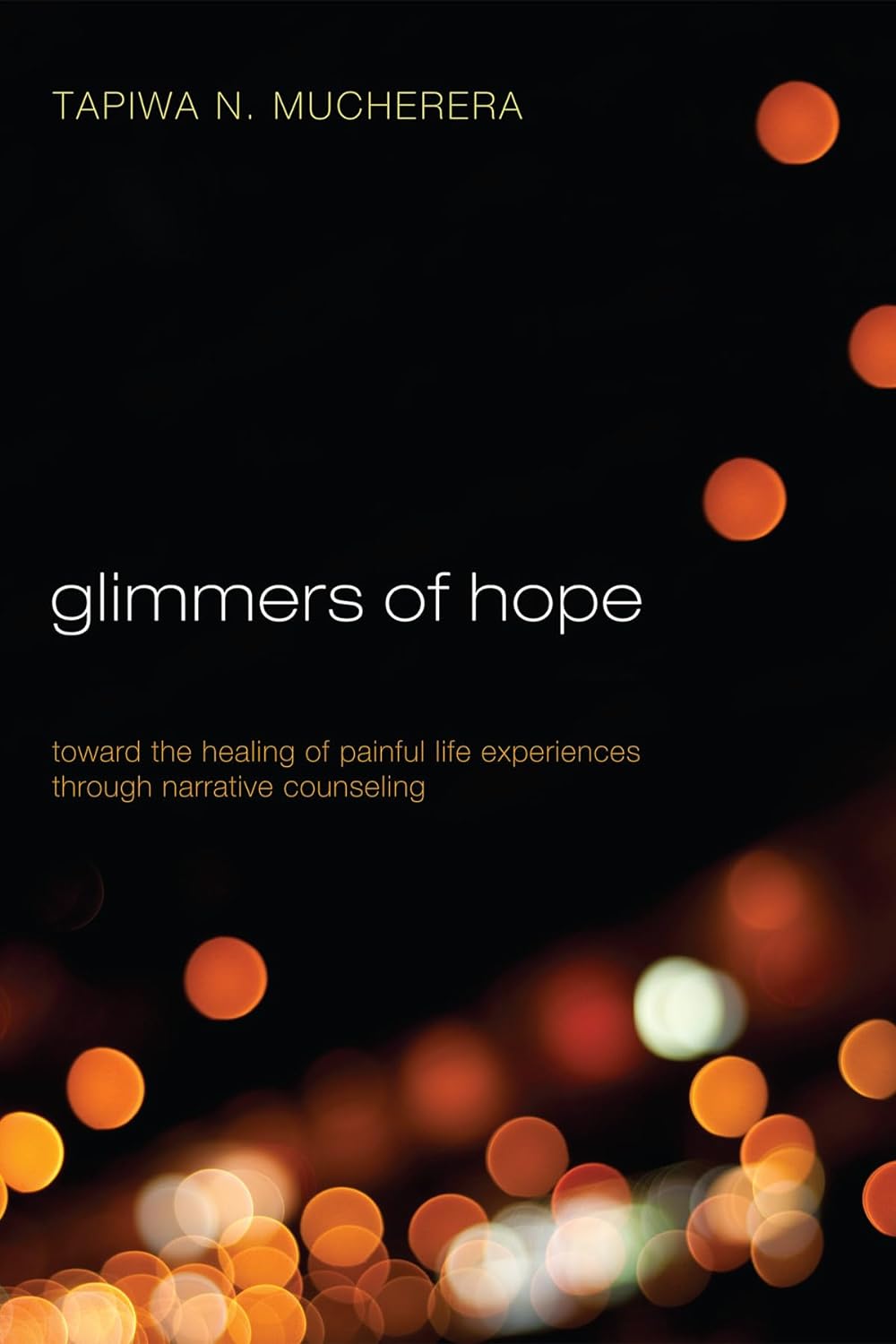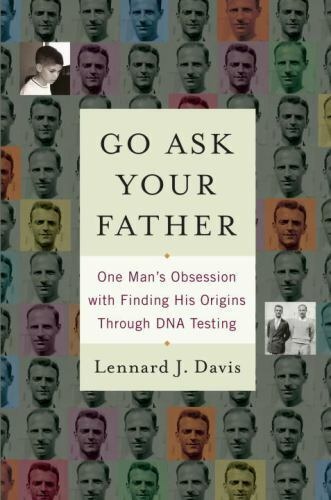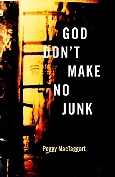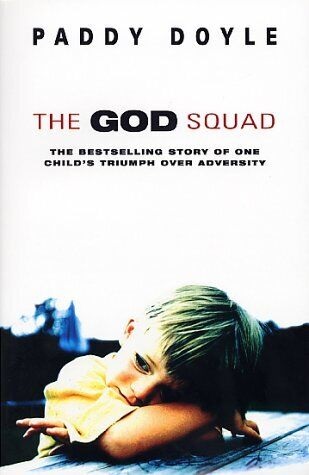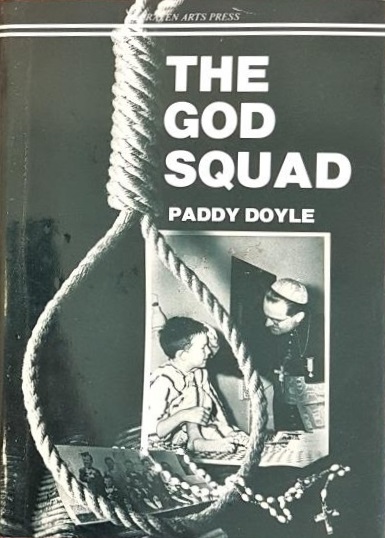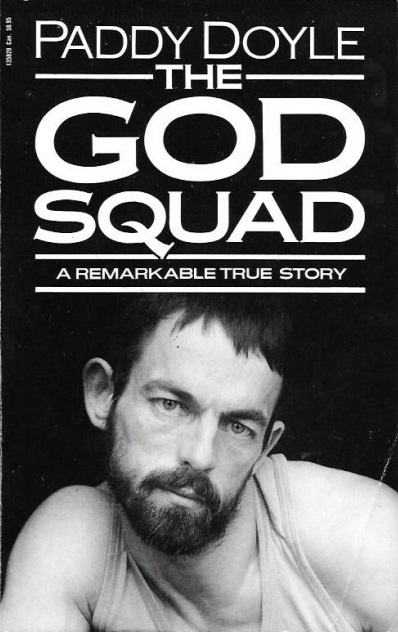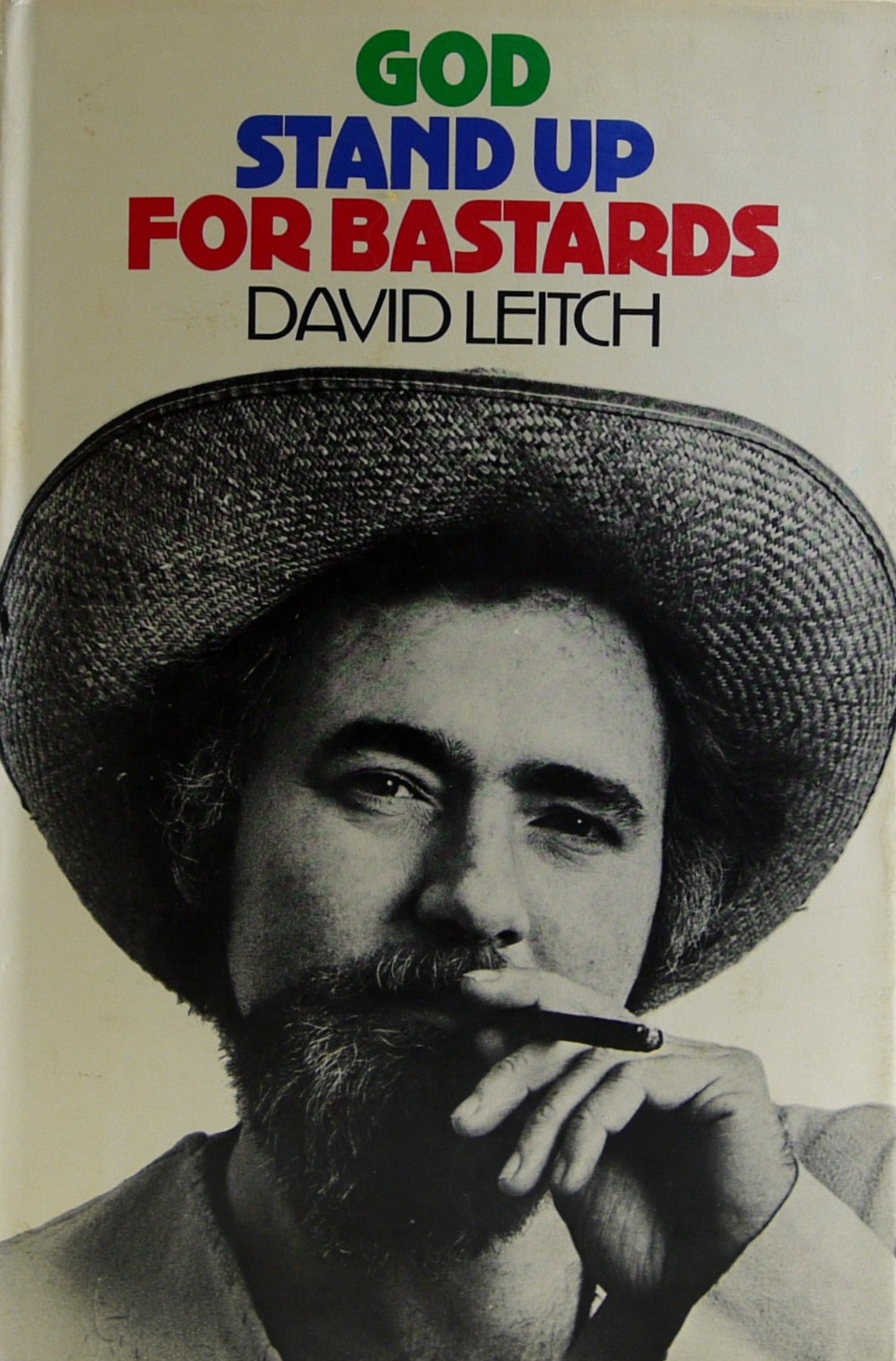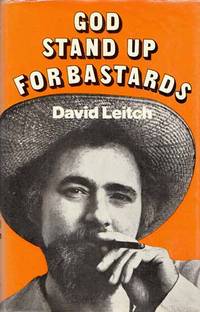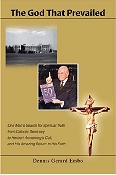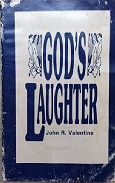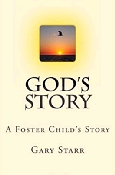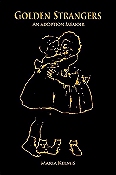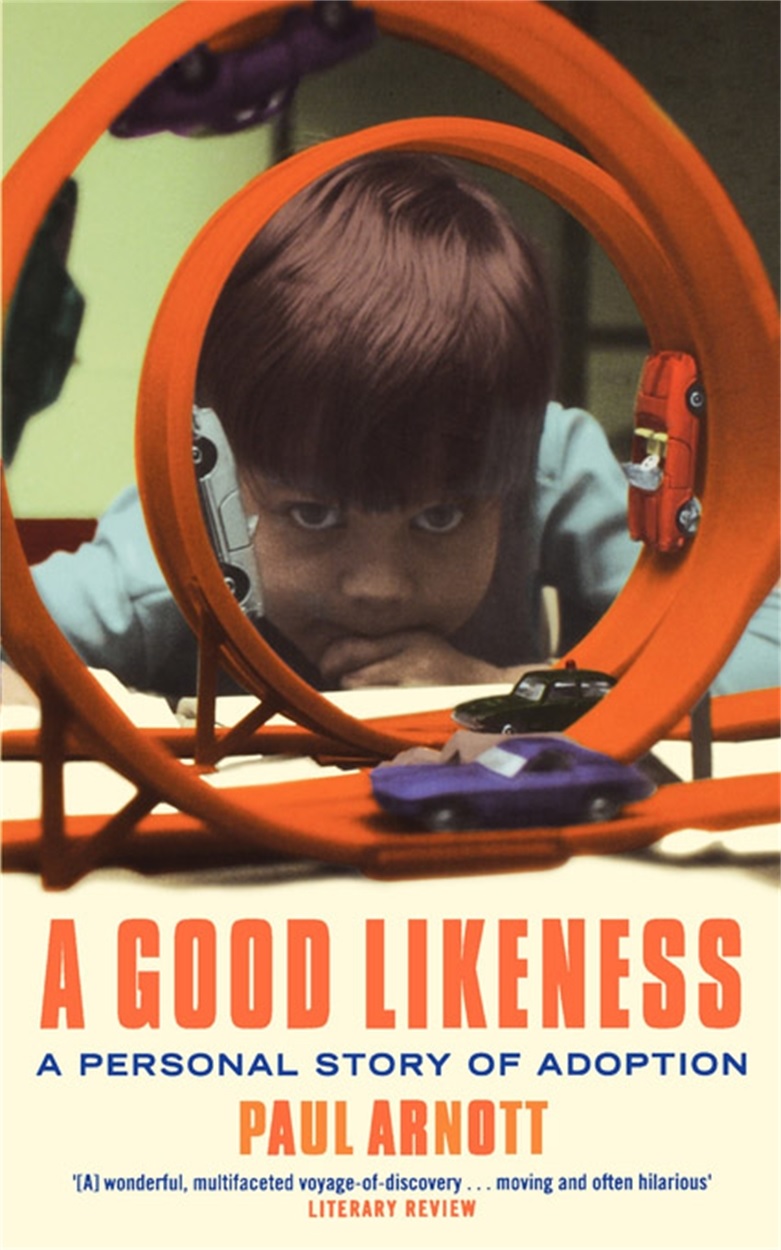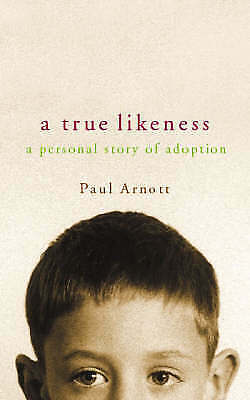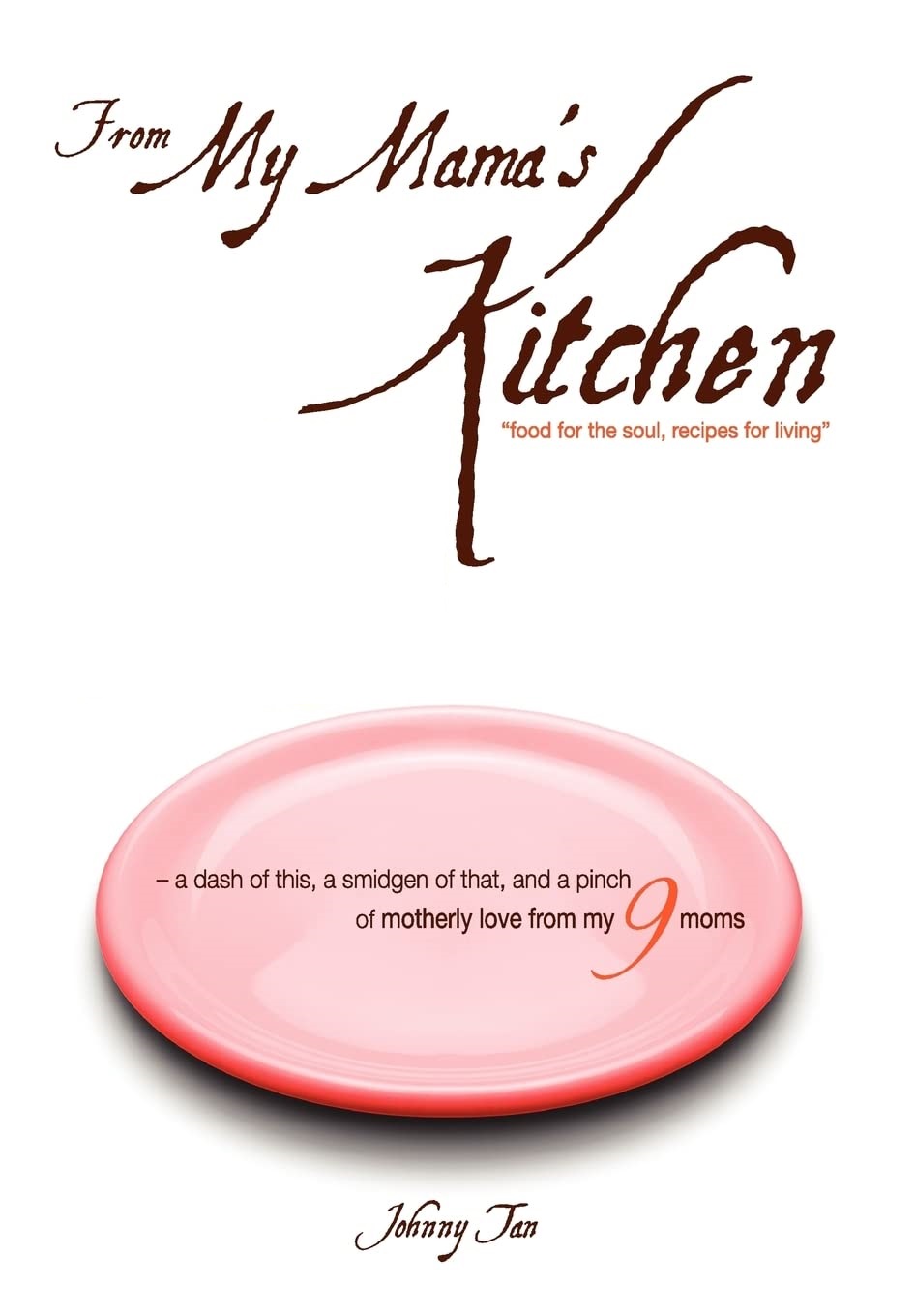 |
|
 |
The book pays tribute to moms all over the world in an entertaining, inspiring, and educational way. The kitchen is used as a wonderful backdrop because it is the heart of every home, and where Johnny and his moms enjoyed their many conversations. This book is designed as a keepsake for all occasions, meant to last and inspire forever. It includes a blank dedication page for readers to inscribe their own loved one’s name, and a space where readers can record their recipes for living. At the very end of the book, Johnny incorporates nine of his favorite food recipes.
About the Author: Johnny Tan is a Social Entrepreneur, Founder & CEO of From My Mama’s Kitchen®, an educational platform advocating “Personal Success Begins at Home, The Power of Unconditional Love, and Living and Performing in Our Genius Zone” to build a better world. He is also the Publisher of Inspirations for Better Living, a digital magazine designed to help Moms build a better future for themselves, their families, and their loved ones, and owner of the WordsHavePower.store.
Johnny is also an experiential keynote speaker, executive career & life coach, mentor, talk show host, and multi-award-winning and bestselling author. His proprietary keynotes and workshops help people discover their best and highest selves by utilizing the Six Cornerstones of Self-Mastery, where they experience the Synergy of Success, Harmony, and Joy in everything they do!
He was awarded the prestigious 2020-2021 Top 100 Visionaries in Education by the Global Forum for Education and Learning (GFEL) and is an Executive Contributor to Global BRAINZ Magazine. Johnny’s life journey has prepared him to be a compelling new voice on Conscious Living and Working in today’s New Normal.
Johnny experienced a Spiritual Awakening while writing his first book, From My Mama’s Kitchen: Food for the Soul, Recipes for Living, honoring his nine moms. The book is about the power of unconditional motherly love, practical, and timeless principles he learned from his nine moms, who were his teachers, coaches, and counselors.
